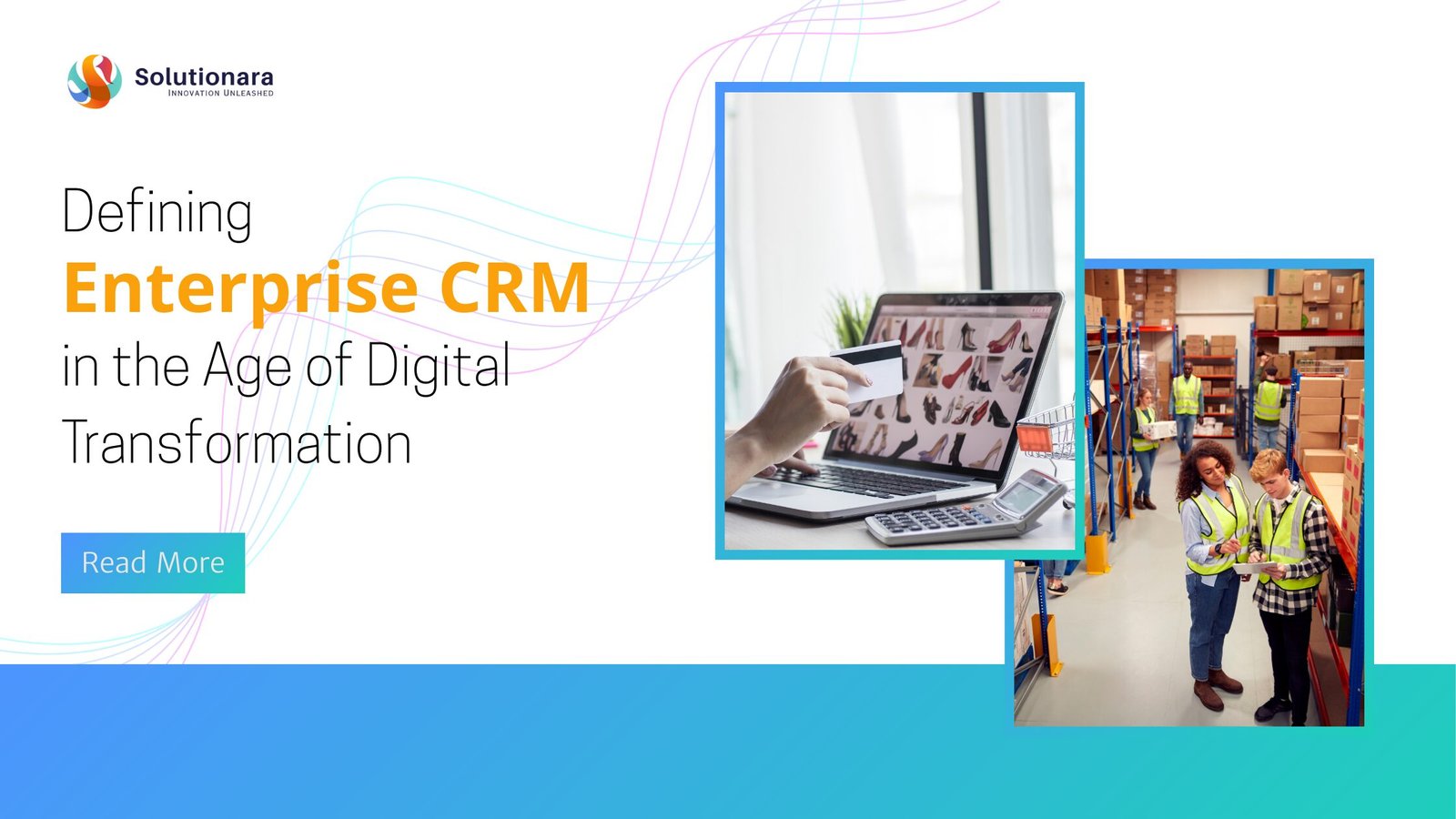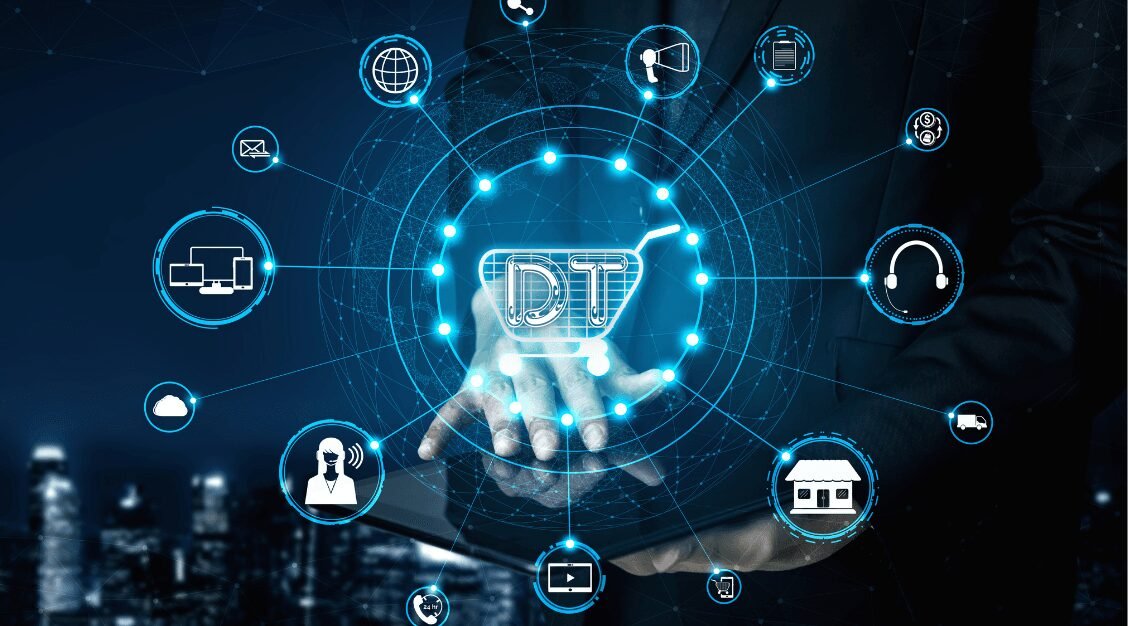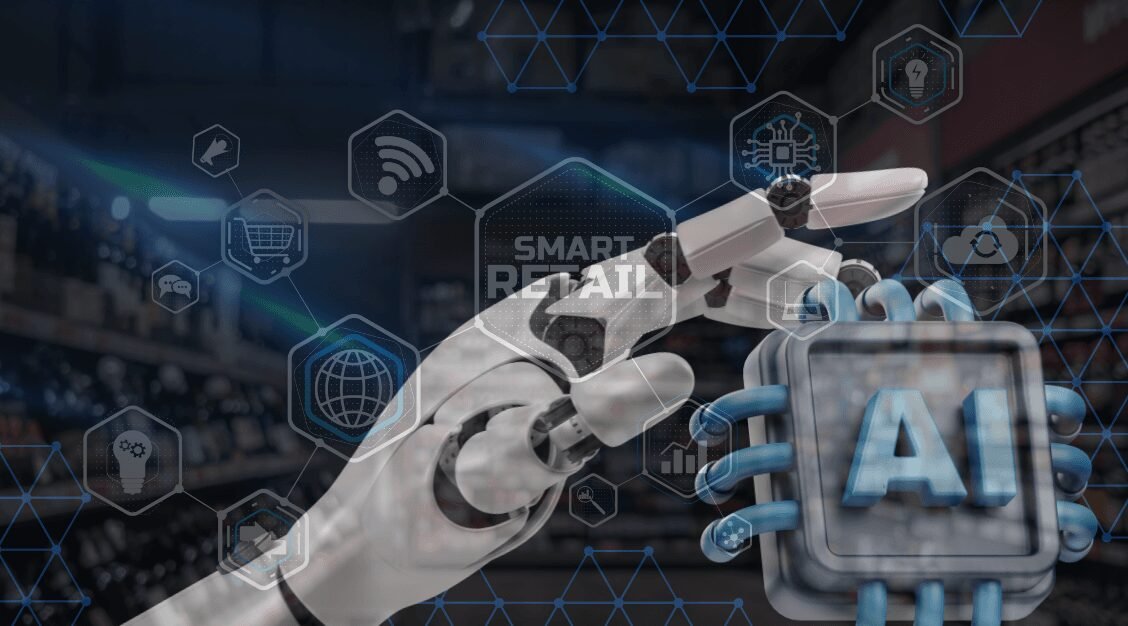When Boeing came under global scrutiny for its handling of aircraft safety issues, the headlines were not only about engineering failures. The deeper story was about trust, and how quickly confidence can erode among regulators, airlines, and passengers. For an enterprise operating at a global scale, this was not just a product issue. It was a relationship issue that rippled across every customer touchpoint.
This highlights an important truth. Enterprise growth and resilience depend as much on strong customer relationships as they do on product, process, and management quality. Clients, partners, and stakeholders expect transparency, reliability, and personalization at every stage of engagement. And in competitive markets, switching to an alternate provider can be a simple decision, which makes loyalty the real bottom line.
That is where enterprise CRM proves its value. More than a system of record or a marketing/sales tool, it is the strategy that helps organizations unify customer data, manage large-scale operations efficiently, and strengthen trust over time. When implemented effectively, it transforms everyday interactions into long-term value and creates a foundation for sustainable growth.
What are eCommerce CRMs?
When executives hear “CRM,” it is easy to think of it as just another system that generates marketing reports or manages sales activity. In enterprise settings, however, CRM is much more than a software for sales and marketing efforts. It is a strategic framework that connects sales, service, marketing, analytics, user experience, and support into a single, unified view.
The distinction from traditional or marketing CRM systems is important. A simple eCommerce CRM is usually tailored for online retailers; for example, a fashion store might use it to track customer browsing behavior, send abandoned cart reminders, and run loyalty programs. An Enterprise CRM supports larger, complex organizations. For example, a global manufacturer might use it to manage long sales cycles, process consistency across multiple product lines, customer data across regions, and integrate with ERP systems for smoother operations.
Over time, it integrates with your ERP, supply chain, and finance systems, which helps streamline operations, reduce silos, and improve decision-making. In short, it enables businesses to build stronger customer relationships, handle large-scale operations efficiently, and drive revenue growth at the same time.
For CIOs, CMOs, and C-level leaders, this makes CRM far more than an operational marketing/sales tool. A good enterprise CRM becomes the foundation for delivering consistent, personalized experiences across multiple regions, digital platforms, and in-person touchpoints while also helping manage.
It is also the perfect vehicle to unite marketing, sales, service, product, and IT teams in a way that is not possible through disconnected systems or simple CRMs. Done well, it ensures that customers feel valued and recognized, regardless of where they engage with your business. And it also ensures that your operations work smoothly without disruptions.
The Strategic Payoff of an Enterprise CRM
For enterprise leaders, the true value of CRM lies in the outcomes it delivers. Beyond operational efficiency, it directly impacts growth, profitability, and revenue. Some of the most significant payoffs include:
- Personalization at Scale & Customer Loyalty– Tailored experiences and offers that replace generic messaging while retaining clients for a longer period
- Smarter Decisions – Centralized data improves forecasting, segmentation, and strategic planning.
- Consistency Across Channels – Branches, online platforms, and service centers deliver the same experience everywhere.
- Revenue Growth – Insights open doors to upselling, cross-selling, and long-term relationship expansion.
Challenges to Enterprise CRM Deployment
Many enterprise CRM initiatives fall short of expectations, and it is rarely because of the technology itself. The real challenges emerge in how systems are designed, deployed, and adopted. Data often remains scattered across ERPs, marketing automation tools, and legacy platforms, making it difficult to build a single customer view.
Integrations can feel fragmented, leaving the CRM disconnected from the wider business ecosystem. And without proper training or cultural alignment, employees are slow to embrace the system, seeing it as an administrative burden rather than a tool that empowers them.
Most of these challenges don’t stem from a lack of capability inside enterprises, but from IT teams that are already stretched thin or lack the specialized resources to make CRM work at scale. As an IT consulting partner, we at Solutionara have seen it before. One of our clients, despite having a strong offline brand, , struggled to develop engaging digital customer interactions.
These challenges turn what should be a growth driver into an expensive, underutilized platform. To unlock real value, businesses need more than a software license. They need a partner who can bring together strategy, technology, and execution to ensure CRM aligns with both customer expectations and organizational goals.
The Value of a Strategic Partner
A skilled partner helps businesses close these gaps by choosing the right CRM for enterprise enterprises, integrating it seamlessly with existing systems like ERP and POS, customizing it to reflect unique business needs, and ensuring it becomes part of everyday operations. A partner can ensure that CRM implementation isn’t a siloed database and evolves into a customer satisfaction engine that drives personalization, loyalty, and efficiency.
Solutionara can add that value for you. As a trusted strategy and implementation partner, we help e-commerce, retail, B2B, and B2C enterprises plan and develop new ecosystems based around their CRM. Additionally, we enhance existing ecosystems powering digital transformation initiatives. By unifying technology with strategy and ensuring ongoing optimization, Solutionara enables organizations to transform CRM into a scalable foundation for long-term growth.
Final Thoughts
Enterprise CRM is no longer just a system — it is a strategic enabler of customer loyalty, smooth business processes, and revenue growth. When implemented thoughtfully and supported by the right expertise, it transforms everyday interactions into long-term value for both the business and its customers.
To ensure your CRM delivers on its full potential, partner with experts who can align technology, strategy, and operations. Get in touch with Solutionara today to explore how your CRM can become a true growth engine.




